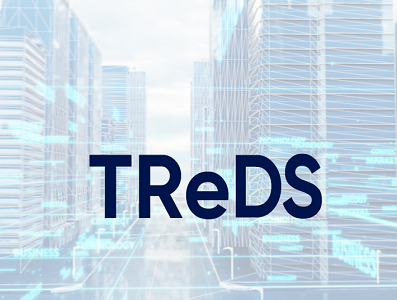Trade Receivables Discounting System (TReDS)
TReDS is an electronic platform for online discounting of bills of MSMEs for supplies to large corporates. It addresses the issue of delayed payments to MSMEs and improves their cash flow through digital and collateral-free financing.
Approved TReDS Platforms
- RXIL (Receivables Exchange of India Ltd) – A JV between NSE and SIDBI
- Invoicemart – A JV between Axis Bank and mjunction services
- M1xchange – Operated by Mynd Solutions Pvt. Ltd.
Key Features of TReDS
- Discounting of invoices and bills of exchange
- Handles both factoring and reverse factoring
- Transactions are without recourse to MSMEs
- No collateral required from MSMEs
- Digital and transparent process
Important Terms
- Factoring Unit: A standard nomenclature used for an invoice or bill on the system
- Financier: Includes banks, NBFCs, and other RBI-permitted financial institutions
Participants in TReDS
- MSME sellers
- Corporate and Government buyers including PSUs
- Financiers – banks, NBFCs, and FIs approved by RBI
Process Flow
- MSME uploads invoice and creates factoring unit
- Buyer accepts the factoring unit
- Financiers bid to finance the factoring unit
- MSME receives funds based on accepted bid
- Buyer pays financier on the invoice due date
Reverse Factoring
In reverse factoring, the buyer initiates the creation of the factoring unit based on documents uploaded by the MSME seller.
Random Audits
TReDS platforms may conduct audits to ensure authenticity of invoices and transactions.
Onboarding Process
All participants must complete a one-time onboarding process including KYC and authorization documentation. Secure login credentials are provided for system access.
Settlement Process
Ensures timely flow of funds between MSMEs, buyers, and financiers:
- Step 1: TReDS triggers settlement between financier and MSME on T+2 basis
- Step 2: On invoice due date, settlement is triggered between buyer and financier
- Payments are processed through existing banking channels
- Buyer defaults are handled by buyer’s bank, not TReDS
Note: TReDS does not provide guaranteed settlement. It facilitates the process but banks remain responsible for payment defaults. A robust redressal and arbitration mechanism is required.
